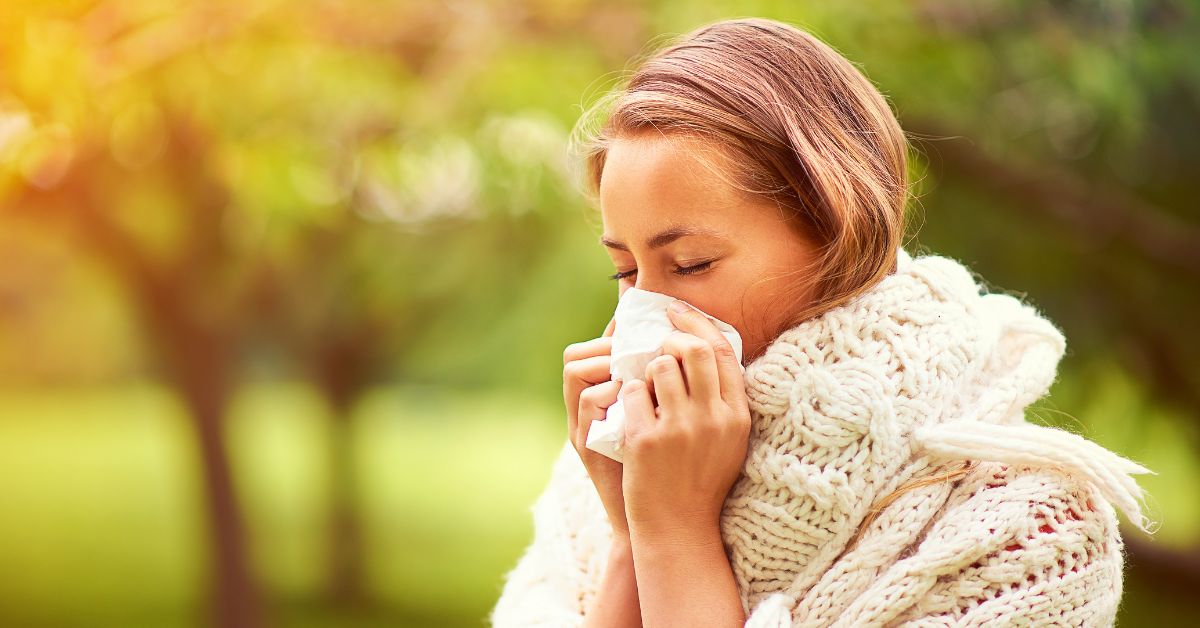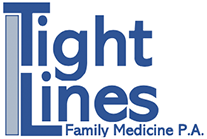Allergy Awareness: How to Manage Spring Allergies

As the flowers bloom and the sun shines brighter, spring brings with it a sense of renewal and rejuvenation. However, for many individuals, it also marks the beginning of allergy season. The sneezing, itchy eyes, and congestion that come with spring allergies can put a damper on this otherwise beautiful season. As a primary care physician, I understand the impact that allergies can have on your daily life. That’s why I’m here to provide you with valuable information on common spring allergies and tips on how to manage your symptoms effectively.
Common Spring Allergies:
- Pollen: Pollen from trees, grasses, and weeds is one of the most common triggers for spring allergies. When these tiny particles are inhaled, they can cause the immune system to overreact, leading to symptoms such as sneezing, runny nose, and itchy eyes.
- Dust Mites: Dust mites are microscopic creatures that thrive in warm, humid environments. They can trigger allergic reactions when their droppings are inhaled, leading to symptoms like coughing, wheezing, and chest tightness.
- Mold: Mold spores are prevalent in damp areas such as basements, bathrooms, and kitchens. Inhaling mold spores can cause allergic reactions, including nasal congestion, throat irritation, and skin rashes.
Tips to Manage Spring Allergies:
- Keep Windows Closed: While it may be tempting to let in the fresh spring air, keeping your windows closed can help prevent pollen from entering your home and triggering your allergies. Use air conditioning instead to keep your indoor air clean and pollen-free.
- Use Air Purifiers: Investing in a high-quality air purifier can help remove allergens such as pollen, dust mites, and mold spores from the air in your home. Place the air purifier in your bedroom or living room for maximum effectiveness.
- Stay Indoors During Peak Pollen Times: Pollen levels are typically highest in the early morning and late afternoon. If possible, try to stay indoors during these peak pollen times to minimize your exposure and reduce allergy symptoms.
- Wash Your Hands and Clothes: Pollen can easily stick to your skin and clothes when you’re outdoors. Make sure to wash your hands and change your clothes when you come inside to prevent bringing pollen into your home.
- Consult Your Primary Care Physician: If your allergy symptoms are persistent or severe, don’t hesitate to reach out to your primary care physician for guidance. They can recommend allergy testing, prescribe medication, or provide other treatment options to help you manage your allergies effectively.
In conclusion, spring allergies don’t have to put a damper on your enjoyment of this beautiful season. By following these tips and being proactive about managing your symptoms, you can minimize the impact of allergies on your daily life. Remember, your primary care physician is here to support you every step of the way. Stay informed, stay proactive, and enjoy all that spring has to offer!
* The content presented here is for your information only. It is not a substitute for professional medical advice, and it should not be used to diagnose or treat a health problem or disease.
Do you have a question for us or would like to make an appointment?
We will be happy to help!
To make an appointment you can also give us a call
Addiction and Recovery services: (910) 399-7180
Primary Care: (910) 899-4037
1902 Meeting Court
Wilmington, NC 28401
Monday – Thursday: 9AM – 5PM
Friday, Saturday and Sunday: Closed
At Tight Lines … Together We Can
At Tight Lines you will be greeted with a non-judgmental, smiling face that will make the experience feel more like visiting family than a medical appointment. At utmost importance is building a trustworthy relationship with all patients. Get in touch with us to make an appointment.

